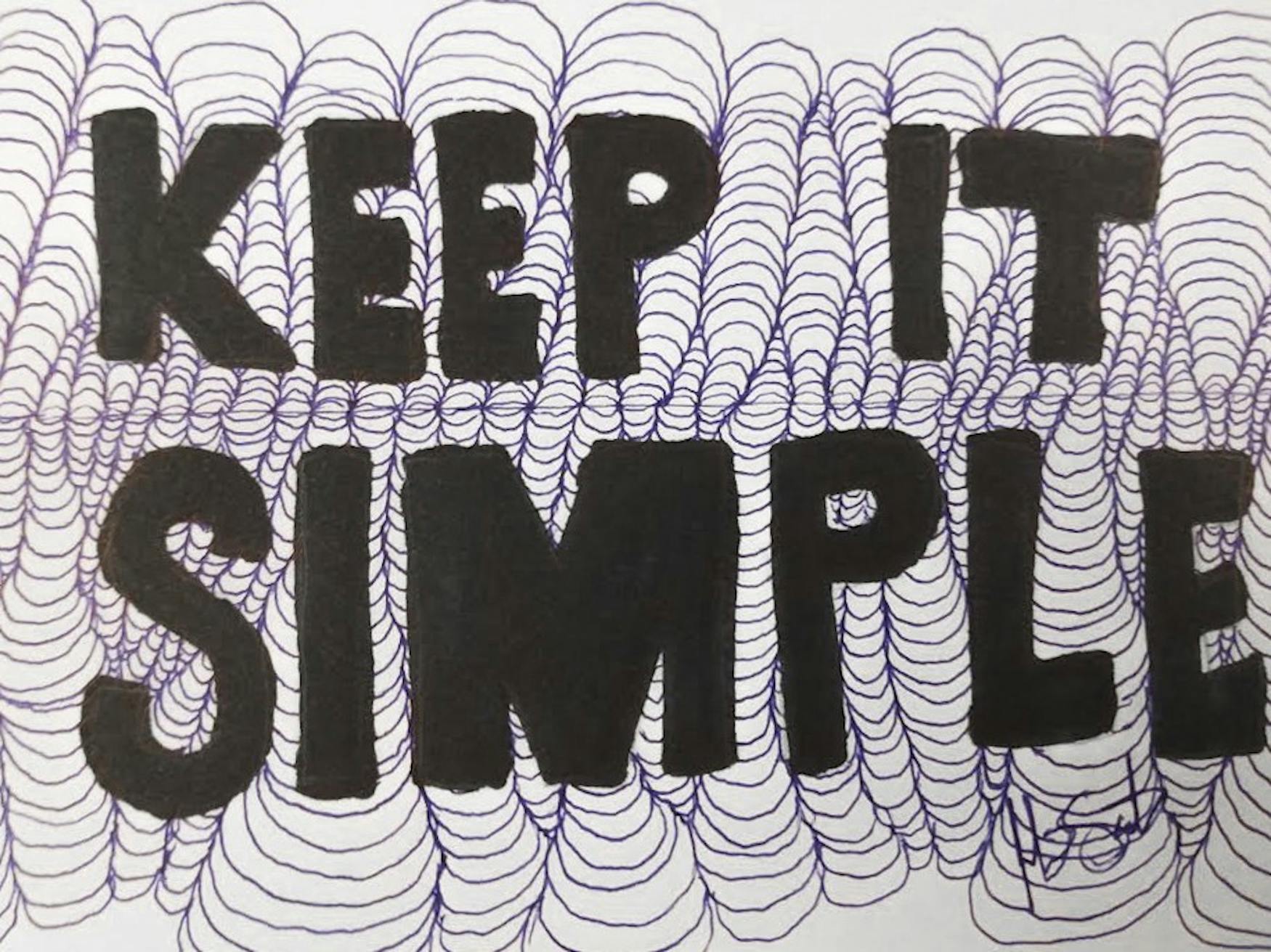Explore benefits of the field of behavioral economics
Are simple experiments still relevant?
Undoubtedly, simple experiments are exceedingly useful to teach larger concepts and theories. Take Boston’s Museum of Science, for example: One would be hard pressed to describe the hands-on experiments at the exhibits as complex and innovative, but certainly they seem to be enjoyed by the public. I, for one, still remember the toy cars and ramps experiments my science teachers used to teach basic physics theories.
However, would one consider a similar experiment for the purpose of pushing the boundaries of academia? I sincerely doubt it.
Nowadays, when people are thinking about revolutionary theories shattering fields previously understood, they are thinking less of Galileo’s relatively simple leaning tower experiment and more of the Large Hadron Collider and its hundreds of associated laboratories. This holds true to even the social sciences, where quantitative heavy fields like mathematics have grown increasingly important to better understand human and market behaviors, resulting in research papers and experiments that seem utterly incomprehensible to the average person on the street.
What if I told you that simple experiments are still relevant and that, for the last two decades, simple experiments have been at the forefront of shattering traditional assumptions in the field of economics?
Consider the following example: One fine morning, a class full of Brandeis students comes across an opportunity; today, it just so happens that the professor will kindly give half the class free mugs to enjoy. Afterwards, time will be allotted for the non-mug-owning portion of the class to examine their peers’ unexpected windfall. Finally, the mug-owning students are invited to sell their mugs, and the non-mug owning students are invited to buy them.
Those with mugs demand nearly twice as much as the other students are willing to pay.
What is the reason for this occurrence?
Richard Thaler, professor of Behavioral Sciences and Economics at the University of Chicago Booth School of Business and 2017 winner of the Nobel Memorial Prize in the Economic Sciences, describes this specific behavior in his book “Nudge” as people being “loss averse.” To put it simply, once people have gained something, they feel the impact of its loss greater than what they felt when they gained it.
The simple mug experiment, among a plethora of other simple economic experiments, is described in “Nudge.” All of these experiments support a new field modern economists and psychologists have created to study and address psychological and emotional factors that could influence economic decision-making away from traditional expectations.
Thaler’s Nobel Prize represents a growing recognition of behavioral economics, the combination of psychology with economic decision-making. The committee cited Thaler’s work for showing how “human traits systematically affect individual decisions as well as market outcomes,” according to the Royal Swedish Academy of Sciences 2017 press release.
Thaler, of course, is not the only behavioral economist; his name is often associated with others such as Dan Ariely, professor of Psychology and Behavioral Economics at Duke University, and Daniel Kahneman, famed Israeli-American psychologist and Economic Sciences Nobel Laureate. The field itself boasts a growing number of books that touch upon a wide variety of subjects, all stemming from ideas that question economists’ standard assumption that human behavior is rational.
The field has also been popular with policymakers. Thaler’s own theories resulted in the formation of the Behavioural Insights Team, a public policy team set up by former United Kingdom prime minister David Cameron, according to a September 2010 article from the Guardian. Also known by its informal name, “Nudge Unit,” the team applies behavioral economics and psychology to government policy. In the United States, the White House opened the Social and Behavioral Sciences Team in 2014, a group of experts similar to its UK counterpart, as reported by a 2015 Time magazine article.
Around the world, such teams have worked with governments and businesses to analyze behavior. Experiments have included using small wording changes in emails to increase recruitment of diverse police officers as well as reminders on owed income tax payments to the government, according to a July 23, 2015 article from the Guardian. Results have been exciting, such as the pass rate for minority police candidates increasing by 50 percent during the recruitment process simply by adding “take some time to think about why you want to be a police constable.” And in the case of tax payments, the team was able to nudge forward income tax payments by adding reminders to taxpayers that most of their neighbors had already paid.
However, just as psychology can reveal insights into economic behavior, the field of behavioral economics reveals something striking about research: Groundbreaking theories can come from relatively simple experiments.
In fact, popular books on experiments in behavioral economics show that the field can be understood through easily administered experiments, similar to the mug experiment. This is not to suggest that the entirety of behavioral economics is made up of simple and easily replicable experiments but rather that the field has tremendous outreach potential to the public. It is relatable and applicable while continuing to be insightful.
This is shown in several books, such as Thaler’s “Nudge” and Ariely’s “Predictably Irrational,” both of which include experiments done on campuses and in bars. In fact, with some preparation, similar experiments could be conducted by any curious Brandeis student.
This approach is refreshing in today’s complex world, where research is becoming increasingly specialized. As many students may know, impressive technical expertise does not always translate into digestible reading.
Therefore, anyone finding themselves with some free time over the weekend should look at some of what behavioral economics can offer. Then, they should think about conducting an interesting test or experiment.
After all, the next big thing could be right around the corner.



Please note All comments are eligible for publication in The Justice.